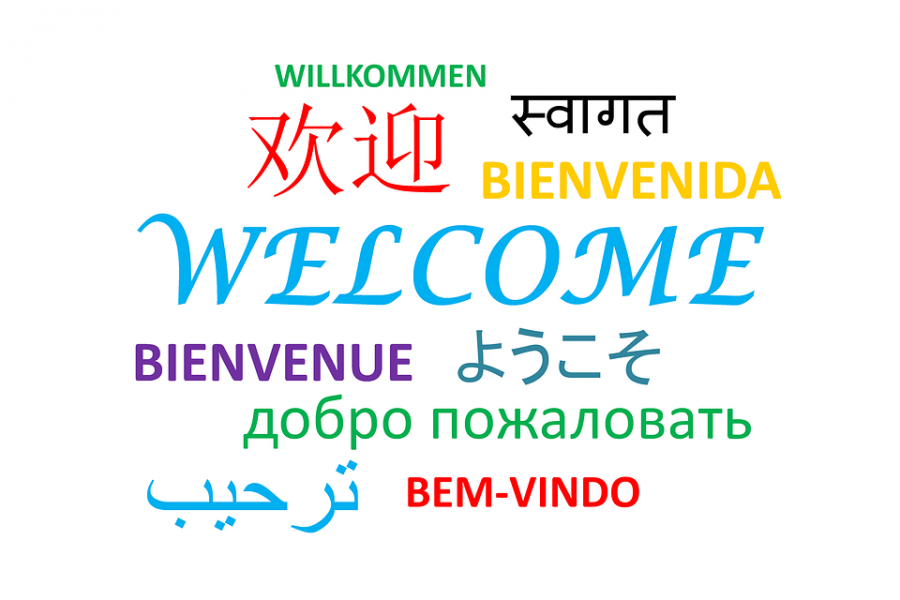There is no disputing the importance of language in our day-to-day life. Language not only serves as a marker for who we are as individuals and larger communities, but also as a major influencer of real social and political ideologies set in place. Language may not be entirely tangible but it affects our society in very real ways. Naturally, in the United States, it seems obvious that we must do whatever possible to extend the lifetime of our primary language — English. This mindset is manifested in the way we teach English, the way it is used in every facet of our media and how writing and reading from a young age is so vehemently encouraged. But this encouragement may come with a negative tradeoff — the widening of the English language could mean the extinction of other languages.
But why should this matter? If the usage of English across the world is so prevalent (approximately 375 million people speak English primarily), then its predominance boosts a global communicative process that no other language can offer. However, the 7,000 other languages spoken in towns and cities all over are just as important, because they offer innumerable and irreplaceable ties to culture, religion and family. Language cannot be treated as a commodity, only valuable when it provides economic discourse. The languages we learn from our parents and grandparents are inherently valuable because they link us directly with our ancestors and preserve particular cultures within the mass culture we have created in our modern world.
Today, the languages spoken less widely disappear at a rate of one language every two weeks. There are five different classifications used to describe levels of danger concerning language: vulnerable (where the language is only spoken at home), definitely endangered (where the language is not spoken in the home as a ‘mother tongue’), severely endangered (where only older generations speak the language and parents simply understand it), critically endangered (where only grandparents speak or understand it), and extinct (the language is not spoken or understood by anyone). Languages can move through these classifications quite rapidly, and it only takes one family setting to get the ball rolling in terms of extinction.
Language preservation needs to be made a national and international priority. At the current rate, languages are going extinct faster than species. According to UNESCO, 3,000 languages are predicted to vanish by the end of the century. Recently, supporters of language preservation have turned to music in order to save lost languages. The idea is to conserve the language in song, where it will not be forgotten or lost and can be accessed by future generations. This creative reincarnation is admirable, but fruitless if we do not care to access the language being immortalized. My fear is that we will not miss language until it is gone, and by then, it will be far too late.


